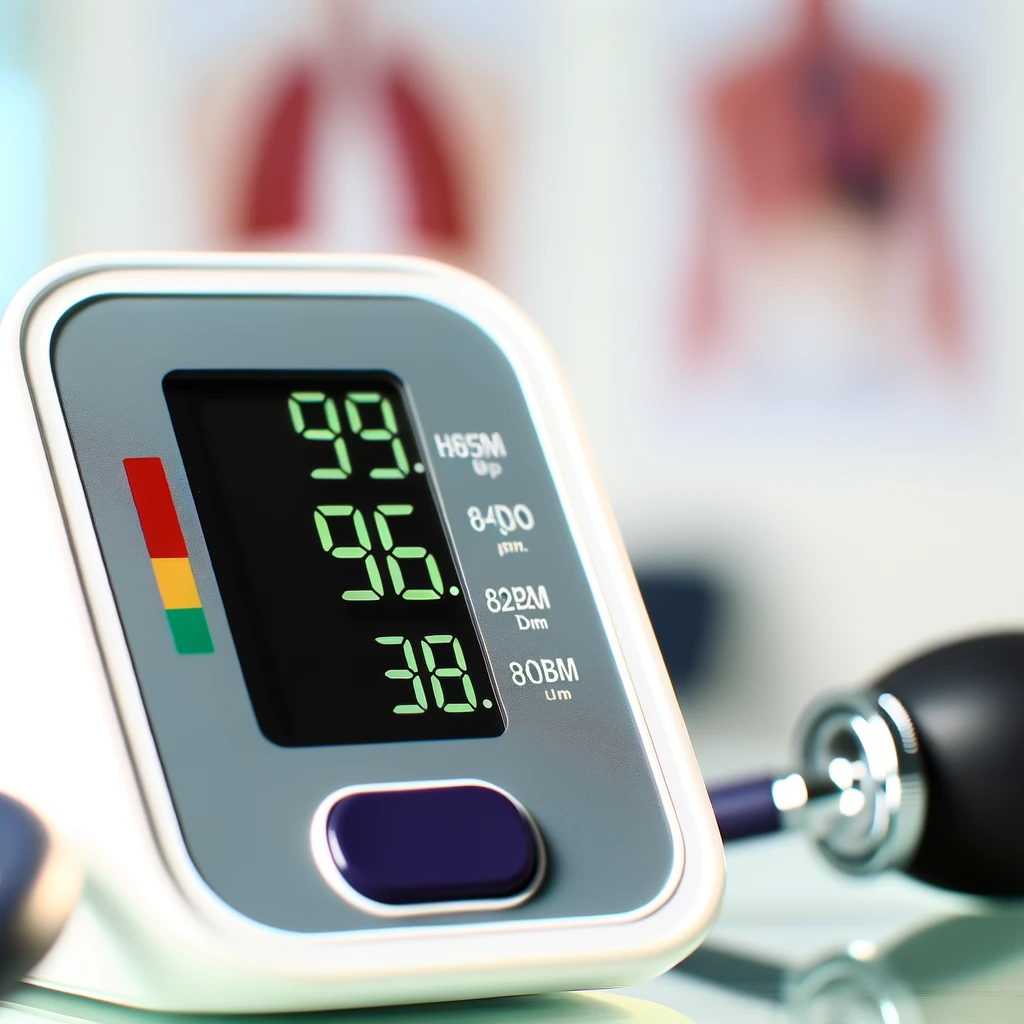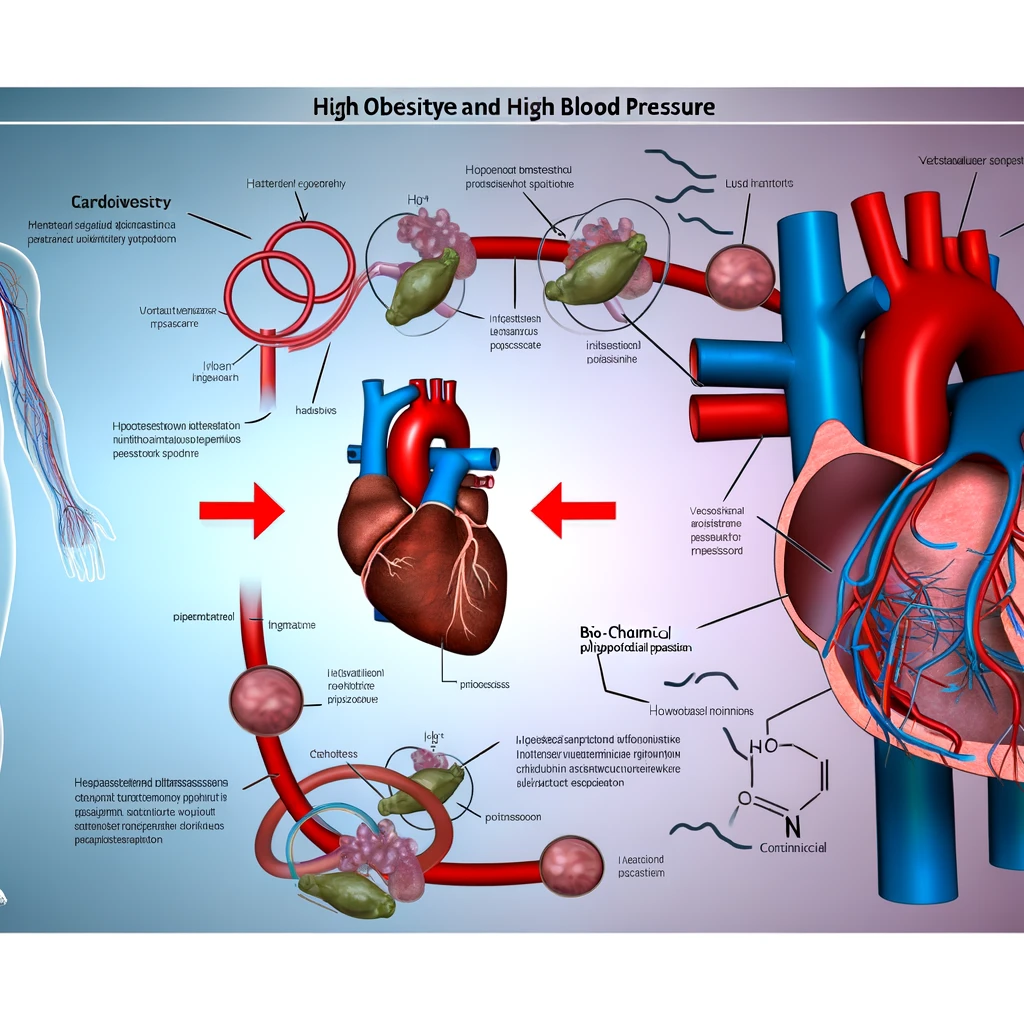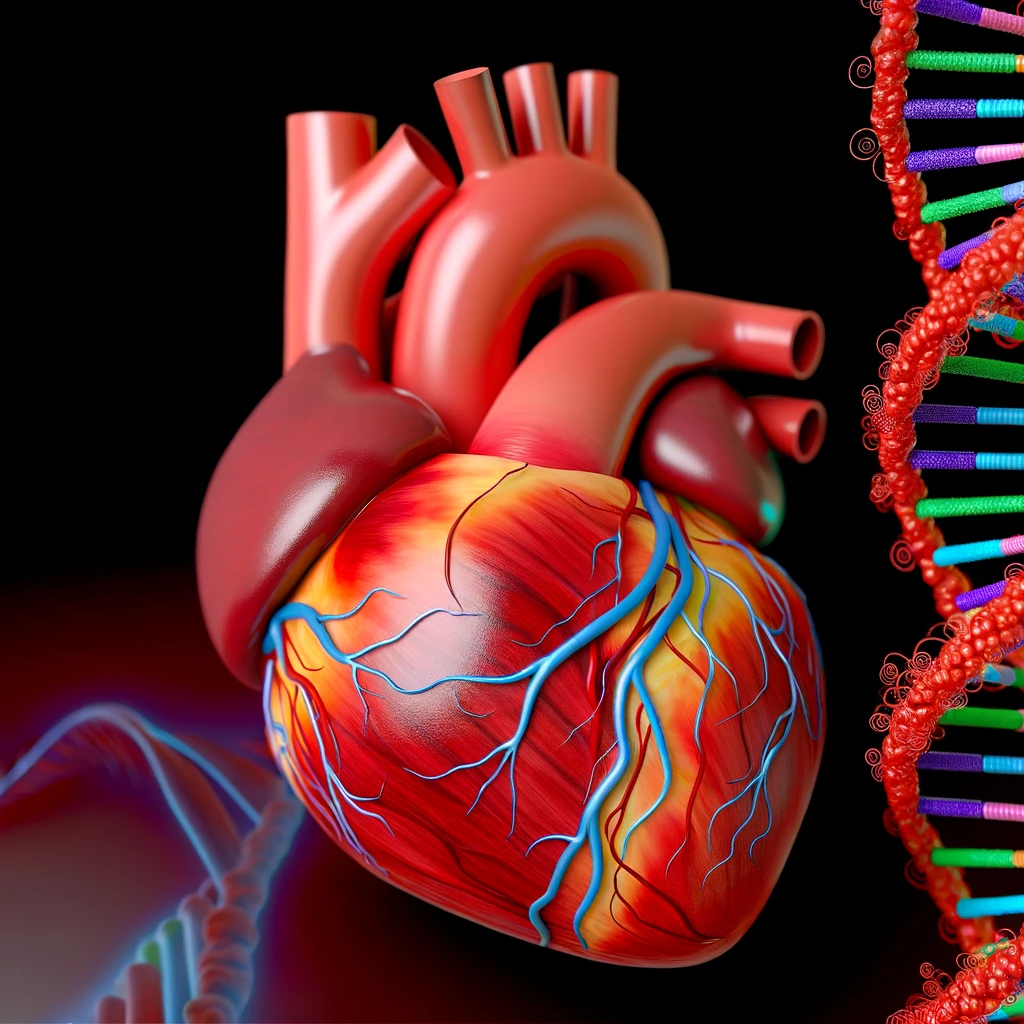Related Articles









Caffeine is one of the most widely consumed psychoactive substances in the world. Found in coffee, tea, chocolate, and many energy drinks, caffeine is cherished for its ability to enhance alertness and improve concentration. However, its effects on the heart rate have been a subject of considerable interest and research among scientists and health professionals.
Caffeine is a natural stimulant belonging to a class of compounds known as methylxanthines. It primarily works by blocking the effects of adenosine, a neurotransmitter that promotes sleep and relaxation. By inhibiting adenosine, caffeine leads to increased neuronal firing and the release of neurotransmitters like dopamine and norepinephrine, resulting in heightened alertness and energy.
The heart rate, or the number of times the heart beats per minute, can be influenced by caffeine consumption. The effects of caffeine on heart rate can vary significantly between individuals, largely depending on factors such as genetic predisposition, tolerance levels, and overall health. Generally, caffeine consumption leads to an increase in heart rate, known as tachycardia, shortly after intake.
Caffeine stimulates the central nervous system, causing the release of adrenaline, a hormone that prepares the body for physical exertion. This release leads to an increase in heart rate as the body gears up for potential activity. Furthermore, caffeine can increase blood pressure, adding to the cardiovascular load.
Despite its stimulating effects on heart rate, moderate caffeine consumption has been linked to several health benefits. Studies suggest that regular coffee drinkers may have a lower risk of developing certain diseases, including Parkinson's, Alzheimer's, and some types of cancer. Moderate caffeine intake is also associated with improved cognitive function and mood.
While moderate caffeine consumption is generally considered safe for most people, excessive intake can lead to negative cardiovascular effects. High doses of caffeine can cause arrhythmias, palpitations, and in extreme cases, lead to heart attacks. Individuals with pre-existing heart conditions or those who are sensitive to caffeine should be particularly cautious with their intake.
It's important to note that individuals metabolize caffeine at different rates due to genetic differences. Some people can consume several cups of coffee without any noticeable effects, while others may experience significant heart rate increases after just one cup. Understanding your own tolerance and listening to your body's signals is crucial in managing caffeine consumption.
For those who enjoy caffeine but wish to minimize its impact on heart rate, consider the following tips:
The connection between caffeine consumption and heart rate is complex and influenced by a variety of factors. While moderate caffeine intake is generally safe and may offer health benefits, excessive consumption can pose risks, particularly for those with underlying heart conditions. By understanding how caffeine affects your body, you can make informed decisions about your consumption and enjoy its benefits while minimizing potential risks.